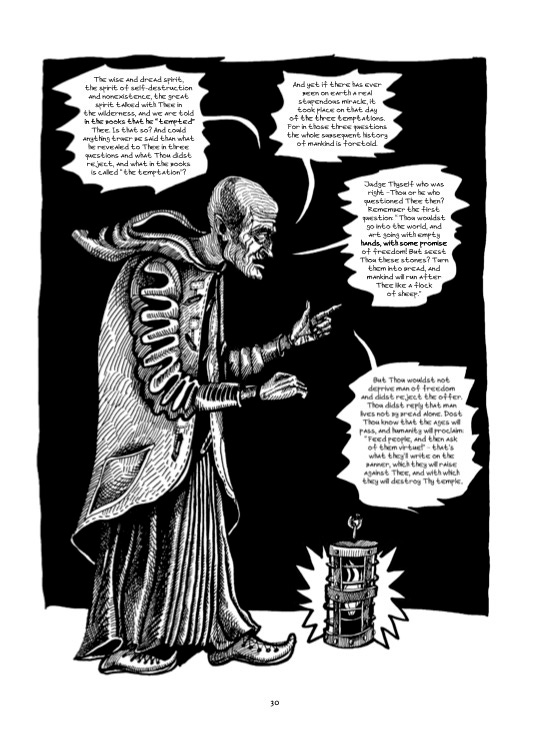The Classical Mind Newsletter for July 7, 2023
Aristotle and Luck, The Grand Inquisitor, The Cardinal Virtues, To Homer, Parenting Advice, and Junius on Fairy Tales
Housekeeping
Our episode on The Iliad comes out this Monday!
The August episode will be on Brothers Karamazov
We will be drafting a new slate of books for Season 2. Stay tuned in future months for an opportunity to have a say in our selection.
Aristotle on Luck
What are the roles of luck and chance in the human experience according to Aristotle? Van Bryan explains the distinction between the two things in the thought of the great philosopher over at Classical Wisdom. To understand the distinction, we have to be aware that there are two types of causes. The first kind of cause is that of necessity, things that must happen while other kinds of causes are by chance. The example Bryan uses is that when a ball is thrown into the air, it will fall by necessity. If, however, you throw a ball in the air and a hawk scoops it up, then that event happened by chance. Chance, for Aristotle, is “coincidental causes”: the hawk just happened to be in the same vicinity when you threw the ball up in the air; had it not been, the ball would have fallen back to earth just like every other time you throw a ball. Luck, however, requires intentionality; you decide to put $50 on black in a game of roulette, the wheel spins, and the ball lands on black, so you win. This means that for Aristotle, chance is a larger category that contains luck. All luck is chance, but not all chance is luck. We have spoken previously about the four causes of Aristotle (material, efficient, formal, and final). Chance pertains to the third, formal cause. While Bryan leads us to ask bigger questions from what might seem like a small distinction, I think my biggest takeaway from the difference between chance and luck is that it helps us recognize our creaturely contingency. That is, all finite things that exist depend on other causes. This is the great question of stories that involve time travel: what happens if we go back and various causes? We would have a radically different present hurdling towards a completely different future.
Christian philosopher Thomas Aquinas came up with five ways to prove the existence of God (ST 1.2.3). His second way involves an argument from efficient cause. Nothing can exist before it is caused so nothing can cause itself. This means that there must be a first cause that orders things to an ultimate effect through a series of intermediate causes. We can see those intermediate causes and effects at work in the world around us and so there must be an ultimate cause, which Aquinas identifies as God. This comes with a whole host of implications that we cannot unpack now, other than to point out that God is an uncaused cause, he stands outside the domino effects of cause and effect. So even though chance and luck are real, they are not ultimate. Nevertheless, from the perspective of those who find themselves on the inside of this logical chain of causes and effects, the distinction between chance and luck is an important one for us to make because it helps us remind ourselves that we are contingent creatures.
The Grand Inquisitor Graphic Novel
At Plough, they are offering a free graphic novel of the Grand Inquisitor section from Brothers Karamazov. Given that this is our upcoming book, it might be worth taking a look! For those who may not be aware, the Grand Inquisitor is a rather lengthy chapter in the novel in which brothers Ivan and Alyosha discuss their opposing theologies. While Alyosha lives a life adjacent to the monks at the local monastery, Ivan, an intellectual, protests against the idea of God on the grounds of human suffering. Ivan tells the story of the Grand Inquisitor as part of his argument. In the story, Jesus arrives in Seville, Spain during the Inquisition but the Inquisitor has him arrested. What is revealed is that the Inquisitor’s beliefs are exactly opposite of what Jesus actually taught. Where Jesus liberates humanity, humans are too eager to give their freedom back to worldly authority. For the Inquisitor, the Church of the Inquisition is ready to make the trade, taking people’s freedom to promise happiness in exchange. For Dostoyevsky, this is a way of exploring the system of socialism, but I don’t want to give too much away.




